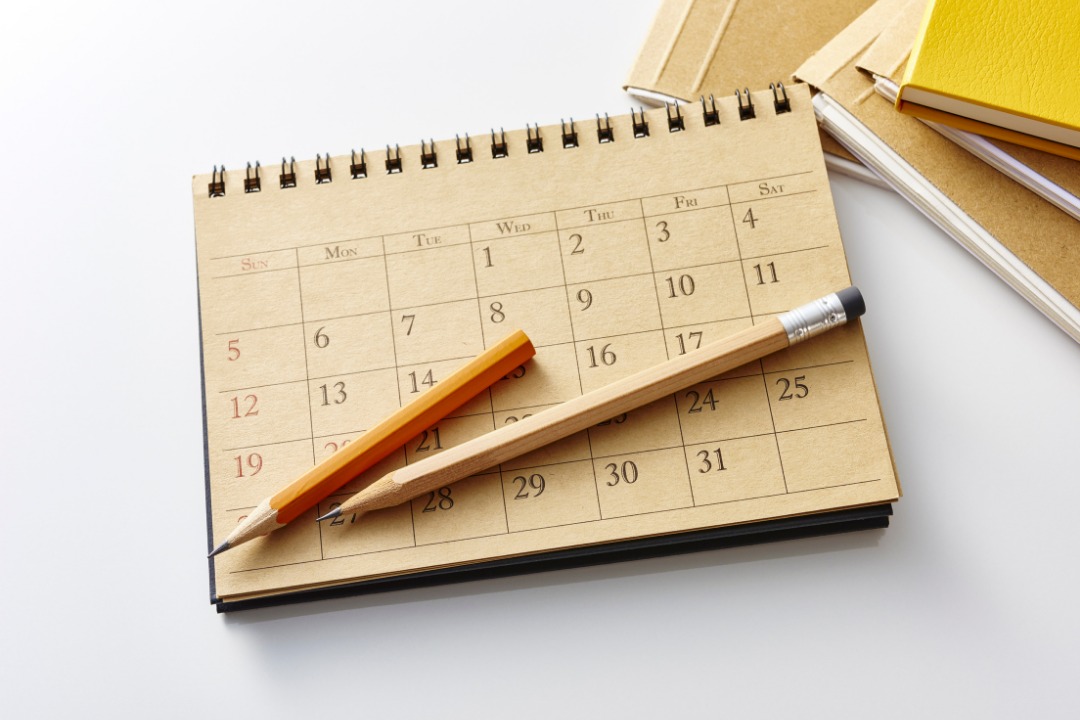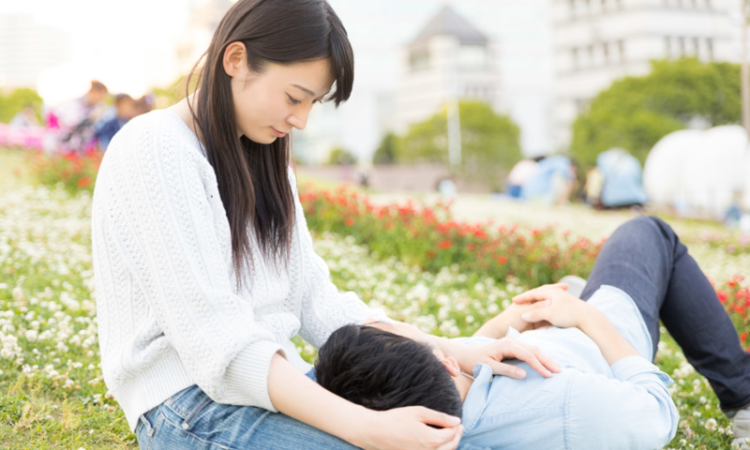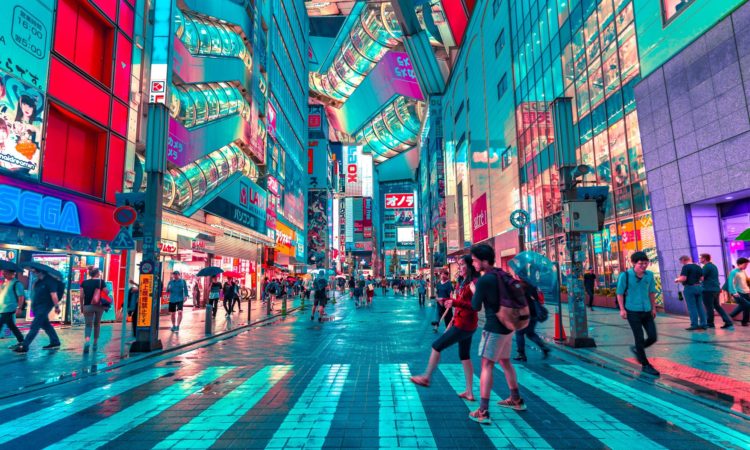Japan is a country that loves public holidays, and with 16 planned for 2022, it’s one of the countries with the highest national holiday count in the world!
Make The Most Out Of Each Public Holiday!
Even better for some, is that in order to make sure that workers are actually taking time off work, the Japanese government has put a few rules in place to increase the holidays.
One such rule is the Happy Monday System; when a public holiday falls on a Sunday, the following Monday becomes a holiday. Another one is that when there are two holidays two days apart, the day in-between also becomes a holiday, giving people three days off!
Perfect for a small weekend away! Each public holiday often celebrates a certain event or object meaning that you can often find interesting things to try on public holidays.
Check out when the holidays are this year and start planning!
January
January 1st (Monday): New Year’s Day (元日 Ganjitsu)
New Year’s day is a National Holiday and the most important holiday in Japan and many workplaces close from 29th December to 3rd or 4th January.
On the first, many Japanese people either stay awake or wake up to watch the first sunrise of the New Year. Over the next few days, people usually go to a temple or shrine to pray for good fortune in the upcoming year.
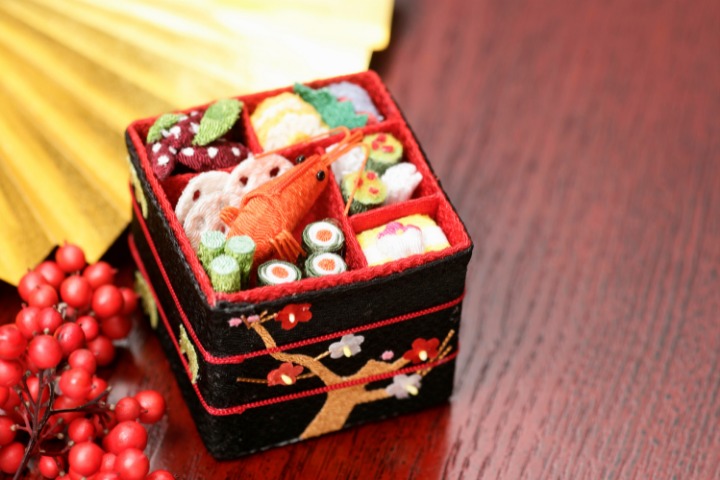
Image credit: Canva
January 10th (Monday): Coming of Age Day (成人の日 Seijin no Hi)
Coming Of Age Day (Seijin no Hi) is a holiday observed on the second Monday in January to celebrate the passage of those who have newly turned 20 into adulthood. At 20, young people in Japan can legally buy alcohol, gamble, and smoke among other things.
Those who have turned 20 between April 2nd of the previous year and April 1st of the current year are invited by their local government to participate in their local ceremony (成人式 seijin-shiki) with all the other young adults who have turned 20 in the same year. It is customary for young women to wear furisode (振袖) and young men to wear either hakama (袴) or formal suits.
Afterwards, most people go to a shrine to pray for good fortune and then spend the rest of the night making the most out of their new ability to buy alcohol!
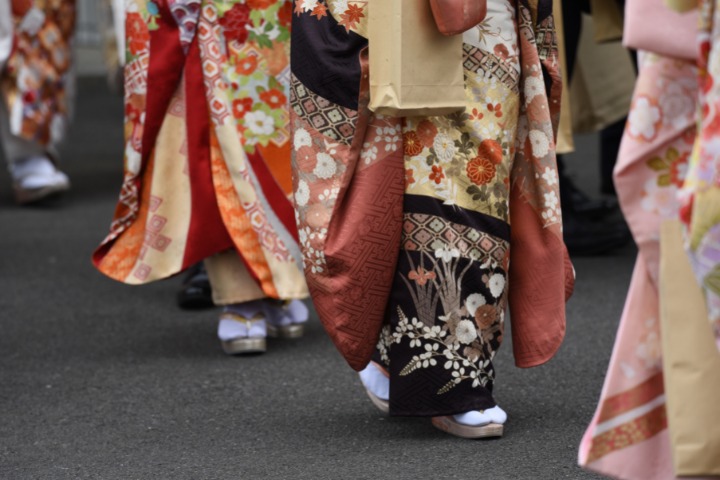
Image credit: Canva
February
February 11th (Friday): National Foundation Day (建国記念の日 Kenkoku Kinen no Hi)
This is a national holiday to remind Japanese people about Japan’s history, and its founding in particular. It aims to celebrate the mythological accession of the first Emperor (Emperor Jinmu).
Although there are no big celebrations on this day like in many other countries, for many, it’s a day to reflect on what it means to be Japanese.
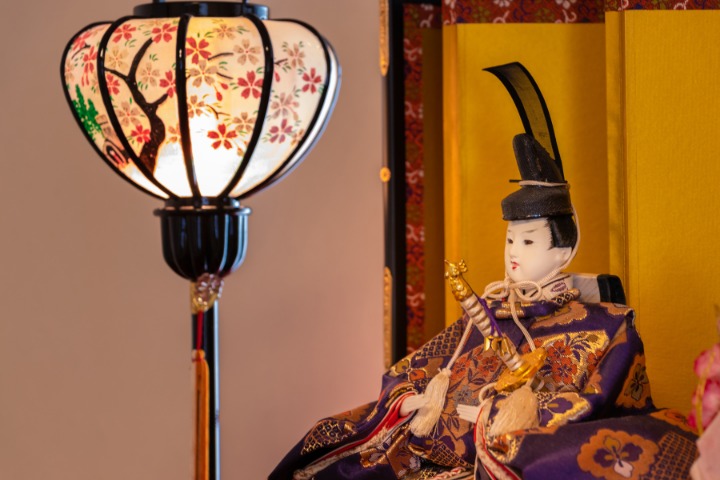
Image credit: Canva
February 23rd (Wednesday): Emperor’s Birthday (天皇誕生日 Tennou Tanjoubi)
February the 23rd is the birthday of the current Emperor (Emperor), which means that it’s a public holiday for the rest of us!
March
March 21st (Monday): Vernal Equinox Day (春分の日 Shunbun no Hi)
Vernal Equinox Day (spring equinox), where the day and night are of equal lengths, is a national holiday in Japan. Vernal Equinox Day used to be celebrated as part of Shinto belief until it became a secular national holiday following the separation of Religion and State following after War II.
Since Shinto is largely related to the appreciation of nature and the surrounding environment, Shubun no Hi is often used as a day to spend time in nature. Alternatively, some people go to the family grave to clean and give offerings to their relatives.
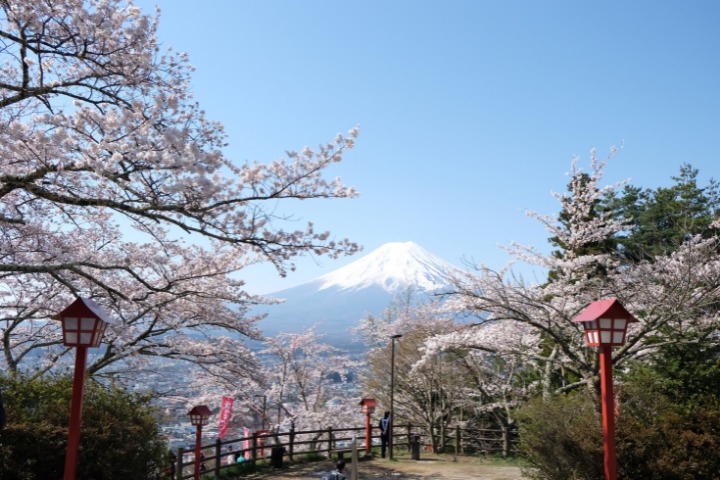
Image credit: Canva
April
April 29th (Friday): Showa Day (昭和の日 Showa no Hi)
Showa Day is a day to celebrate the Showa Era (1926-1989). It is seen as a day of reflection on Emperor Hirohito’s reign, from the lead up to World War II to the 1964 Tokyo Olympics.
The Showa Era is remembered to be a period of rebuilding, growth, and prosperity. Not only did it encompass the rebuilding of Japan in the post-war era but also Japan’s economic growth and prosperity. And so, for many, it is also about wishing for a bright future.
Good news for us, Showa Day is the start of Golden Week; a week of clustered holidays, which means a week off to make the most out of! (Golden Week is from 29th April-5th May in 2022).
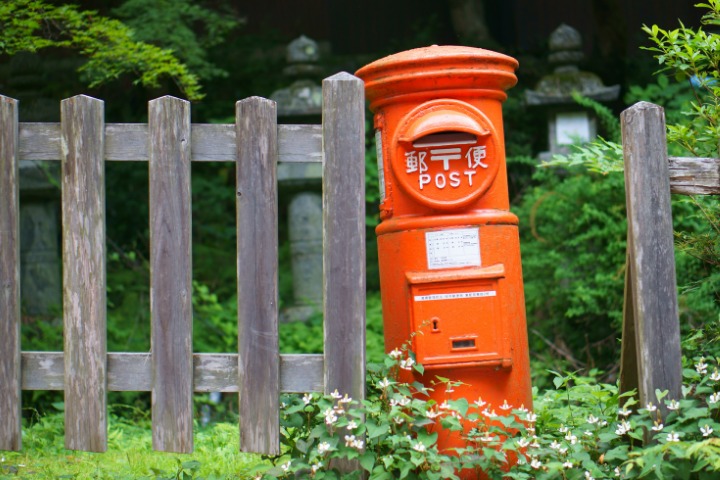
Image credit: Canva
May
May 3rd (Tuesday): Constitution Memorial Day (憲法記念日 Kenpo Kinenbi)
This day is a national holiday to celebrate the promulgation of the 1947 Constitution of Japan following the end of World War II.
On the 3rd of May, is the only day of the year when the National Diet Building (国会議事堂 Kokkai Gijido) is open to the public, allowing those interested to look around and ask any questions they may have to local officials.
For those who don’t want to travel all the way to the National Diet Building, there are usually public lectures and events about World War II around Japan.
May 4th (Wednesday): Greenery Day (みどりの日 Midori no Hi)
After the death of Emperor Hirohito in 1989, the 29th of April which was previously Tennou Tanjoubi was then changed to Greenery Day, as a homage to the Emperor’s love of nature. In 2007, however, the 29th of April was changed to Showa Day, and Greenery Day was moved to the 4th of May.
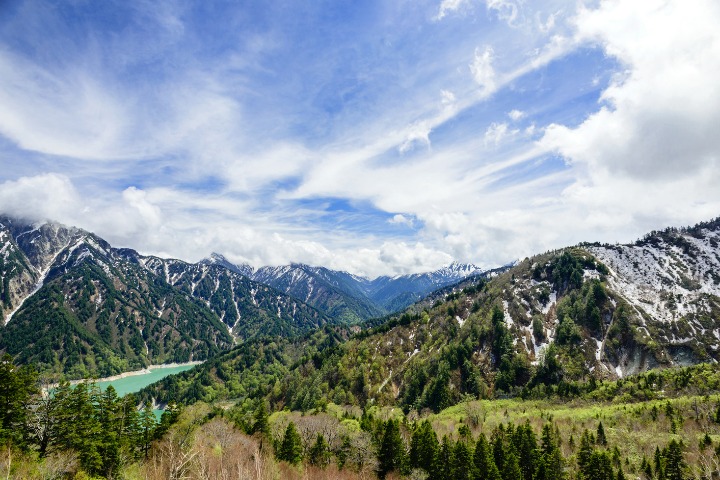
Image credit: Canva
This is a day to appreciate nature and the greenery around you. the main events of the day usually include watching the Emperor’s greetings before watching him and the Empress plant a tree.
On Greenery Day this year, why not try going hiking or try shinrin-yoku (forest bathing)?
May 5th (Thursday): Children’s Day (こどもの日 Kodomo no Hi)
Kodomo no Hi is the final holiday of Golden Week and is a day to pray for the well-being of children. Kodomo no Hi was originally seen as a day to celebrate sons and it is still considered by some to be Boy’s Day, whereas the 3rd of March is Hinamatsuri, a celebration of daughters (except Hinamatsuri is not recognised as a Public Holiday).
On this day, families with sons usually hang up large carp-shaped kites outside and decorate the house with samurai armour and helmets. If you’re ever in Japan during Golden Week, you should definitely look out for carps flying in the wind!
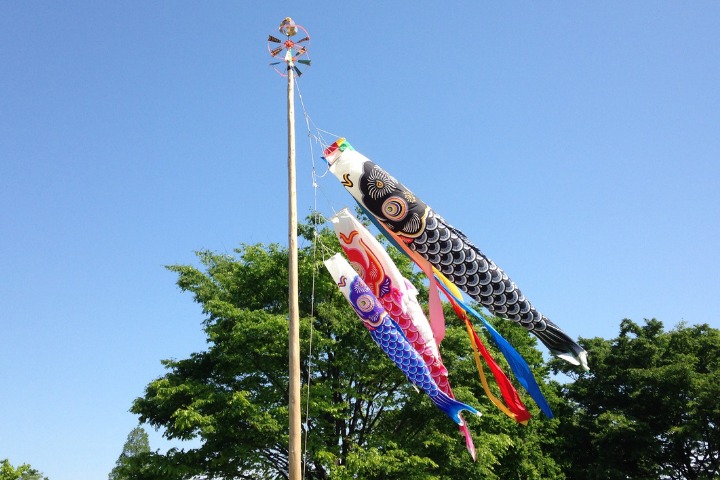
Image credit: Canva
July
July 18th (Monday): Marine Day (海の日 Umi no Hi)
Umi no Hi is celebrated on the third Monday of July and is a day to give thanks for everything we get from the ocean and also consider the importance of the ocean, especially as an island nation.
Although there is no particular way to celebrate Marine Day, many people will go to the beach or aquariums and some places will put on various events such as water sports competitions. If you’re near Odaiba, there is a small festival held every year on Umi no Hi where lanterns are laid out across Odaiba’s beach – a must-see!
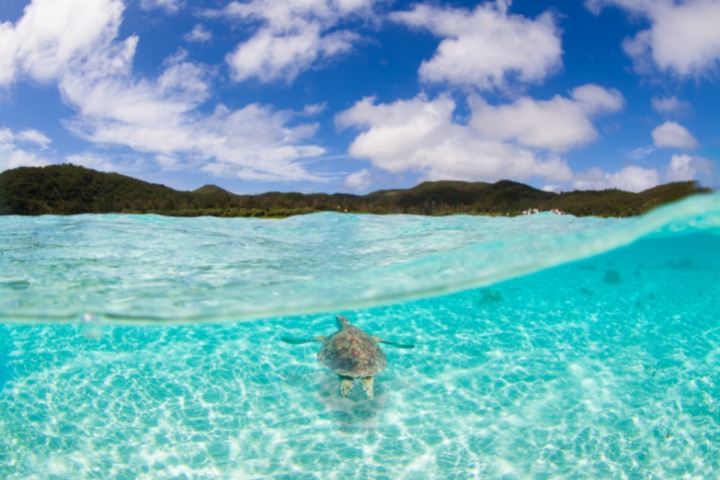
Image credit: Canva
August
August 11th (Thursday): Mountain Day (山の日 Yama no Hi)
The newest member added to the list of public holidays, Mountain Day, came to be after campaigns by various mountain-related groups who argued that Shinto beliefs in nature have shaped Japan and so we should celebrate the country’s mountains (apt considering that around 70% of the country is covered in mountains!).
It is said that August 11th was chosen as Mountain Day because the character for 8 (八) looks like a mountain, whereas the ’11’ look like two trees.
Although there is no official celebration for Mountain Day, many people make the most out of this day off work by heading up to the mountains to hike or take a break from city life.

Image credit: Canva
September
September 19th (Monday): Respect for the Aged Day (敬老の日 Keirō no Hi)
Respect for the Aged Day is a holiday that takes place every third Monday of September and aims to celebrate Japan’s elderly. This holiday started in Hyogo as a local festival in 1947 as an event where people could look to their elders for advice and guidance.
On this day, TV stations will usually show programmes about the elder generation and often, grandchildren will gift their grandparents something special or take them out for the day to show their appreciation.
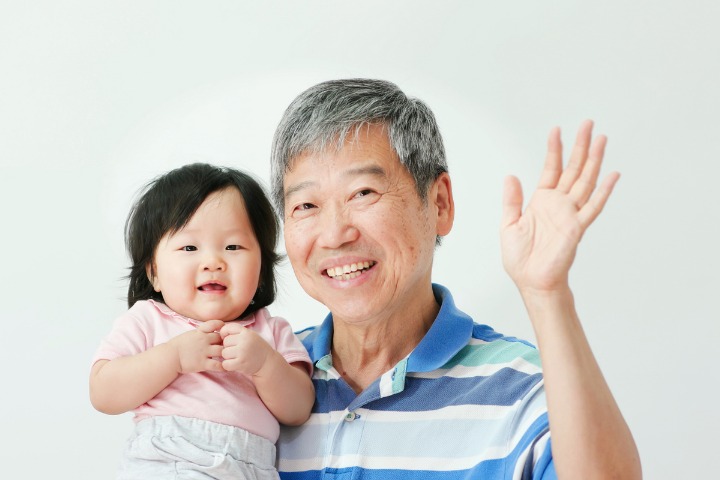
Image credit: Canva
September 23rd (Friday): Autumnal Equinox Day (秋分の日 Shuubun no Hi)
The Autumnal Equinox marks the day that the sun crosses over the equator from the Northern to the Southern hemisphere and the arrival of Autumn. On this day, day and night are approximately equal.
Before Autumnal Equinox Day was established as a holiday in 1948, it was a day to worship one’s ancestors with roots in Shintoism. Like Vernal Equinox Day (春分の日), it became a holiday only after it was separated from religion, as was written into Japan’s new constitution. However, many people still go to family gravesites to pay respects to their deceased relatives on this day.
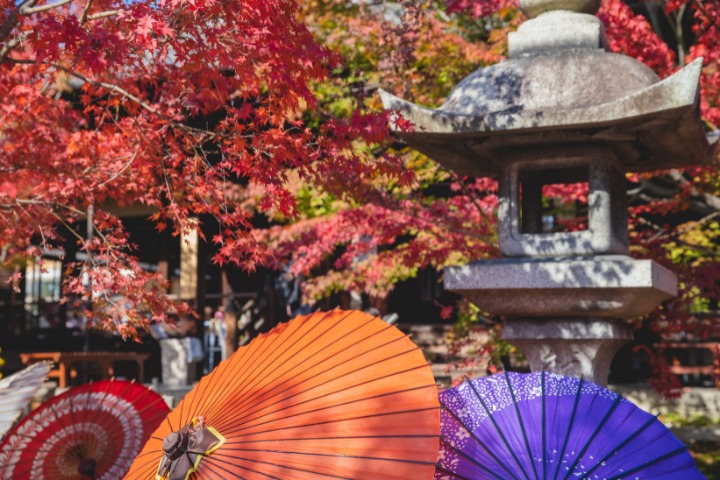
Image credit: Canva
October
October 10th (Monday): Health and Sports Day (スポーツの日 Supotsu no Hi)
Health and Sports Day was created in 1966, two years after the 1964 Olympic games to commemorate the games, which were held in October.
This day is a great day to think about how to live a healthy lifestyle and many schools and businesses hold a sporting event on this day to celebrate Health and Sports Day.
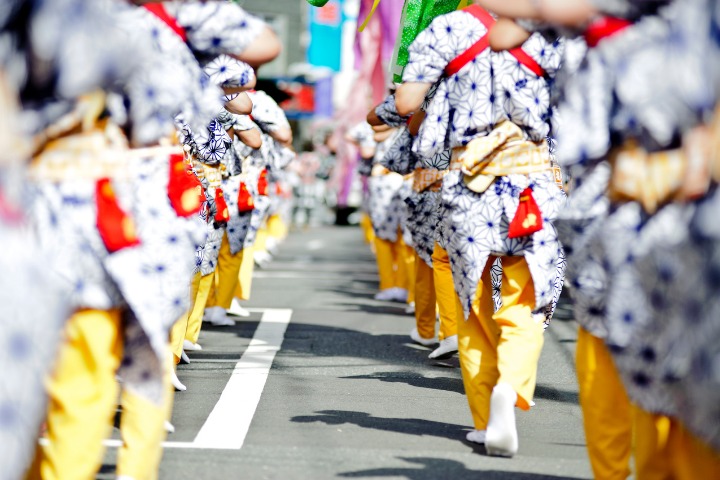
Image credit: Canva
November
November 3rd (Thursday): Culture Day (文化の日 Bunka no Hi)
Bunka Day is a day to honour Japanese traditional culture. November 3rd was originally a celebration for Emperor Meiji’s (1852-1912) birthday and then a holiday called Meiji-setsu after he died, however, after the creation of Japan’s constitution after World War II, it was rebranded as Culture Day.
This is a great day to go out and explore as there are usually many festivals and parades across the country demonstrating Japan’s rich cultural history. Even better, on this day, most of the museums throughout the country are free, so if you’re looking to explore Japan’s history, this is the holiday for you!

Image credit: Canva
November 23rd (Wednesday): Labour Thanksgiving Day (勤労感謝の日 Kinrou Kansha no Hi)
Labour Thanksgiving Day is a day to give thanks for hard work, production and workers and is the modern-day version of the ancient Japanese harvest festival (新嘗祭 niiname-sai) where the Emperor would thank the Shinto gods for a fruitful year and pray for another fruitful year ahead. Although the Emperor still carries out this tradition on the 23rd of November, it has since become a private ceremony.
For the rest of us, there are usually a number of major events held throughout Japan on Labour Thanksgiving Day including the Nagano Ebisuko Fireworks Festival, which takes place every year and sees hundreds of thousands of visitors.
Which Public Holiday Are You Looking Forward To In 2022?
This year, including weekends and national holidays, those who live in Japan will get 120 days off! Why not make some plans for the long weekends and prepare to explore Japan!
For More Related Articles:
- Yama no Hi: Celebrating Japan’s Mountains on Mountain Day
- Japan National Holidays 2021: Marine Day and Sports Day!
- Tanabata Festival: Top 3 Celebrations in Japan
- Obon Festival: A Summertime Celebration of the Spirits
- National Foundation Day 2021 in Japan
For more information on Japan’s Public Holidays in 2022, please check out the website of the Japanese Cabinet Office. (Japanese only).
Feature image credit: Canva

